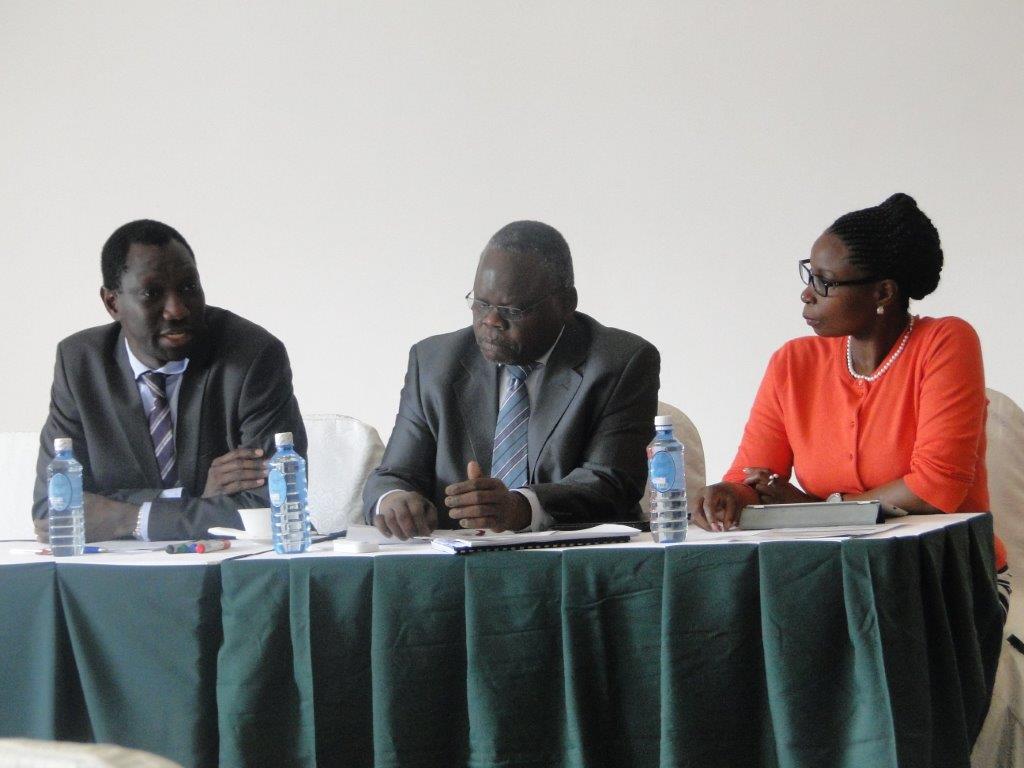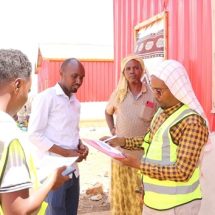A team of experts in land governance, curricula development and training from universities and institutions of higher learning are currently meeting in Nairobi to develop ‘Guidelines for Development of Curricula on Land Governance in Africa’. The meeting co-organized by UN-Habitat/GLTN and the Land Policy Initiative (LPI) has participants from 11 countries in attendance and is taking place in Nairobi, Kenya from 21-27 September, 2016. The guidelines developed will facilitate the development and review of land governance curricula to ensure that university graduates and land professionals in Africa are better skilled to address Africa’s land governance challenges. Expert reviewers will then examine the draft and improve it prior to submitting it to a broader stakeholder group for review.

Speaking at the opening of the write-shop, Mr. Oumar Sylla of Leader, Land and GLTN Unit of UN-Habitat lauded the important partnership and collaboration between the GLTN and the LPI. The partnership has also been acknowledged and lauded in the Mid-Term Review of the GLTN Phase II programme. GLTN has played a pivotal role in facilitating the implementation of the AU Declaration on Land particularly through leading or supporting the implementation of the capacity development component of LPI’s Strategic Plan that aims at addressing pressing land governance challenges in Africa.
Dr. Joan Kagwanja of the LPI contextualized the journey taken by the LPI since inception in 2006, explaining that a regional assessment carried out had identified universities and other institutions of higher learning as key in the improvement of human resource capacities on the African continent. Dr. Kagwanja acknowledged the support of UN-Habitat/GLTN in organizing the write-shop.
Delivering the keynote address, Prof. F. W. O. Aduol, Vice Chancellor Technical University of Kenya challenged the curriculum drafters to be cognizant of the modern times to ensure that the integration of technology resonates with the students who are predominantly youthful. Professor Aduol pointed that the team should develop curricula flexible enough that will empower graduates to not only be employable by the public sector and NGOs but also enable them to practice in other areas. He lauded the initiative pointing that it had identified the missing links of land governance, land policy and land administration even as he pledged the support from his university.
The Land Policy Initiative (LPI) is a joint programme of the tripartite consortium consisting of the African Union Commission (AUC), the United Nations Economic Commission for Africa (ECA), and the African Development Bank (AfDB).












